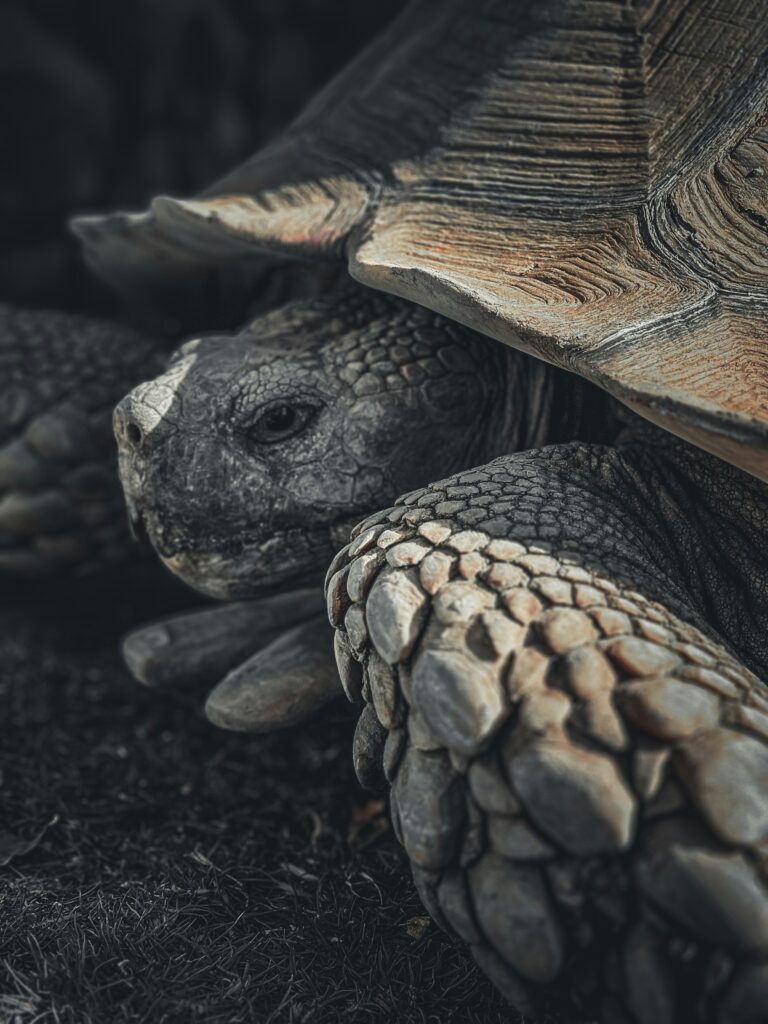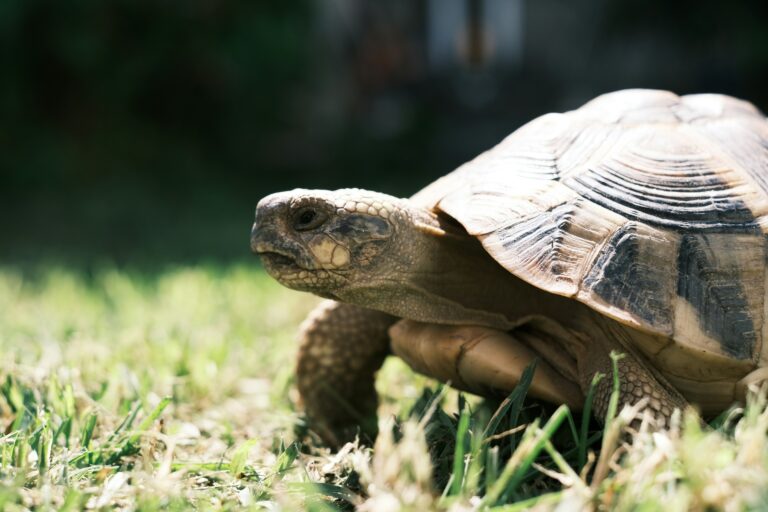Are Russian tortoise friendly? Tips for friendship

Testudo horsfieldii, or Russian tortoises, are popular reptiles that are loved by fans for their cute personality and small stature. Prospective owners frequently ponder whether Russian tortoises are amiable. We’ll explore the temperament, behavior, and suitability of Russian tortoises as pets in this extensive guide.
Knowing the Character of Russian Tortoises:
They are found in grasslands, scrublands, and deserts in the dry regions of Central Asia. These tortoises have evolved to severe environments and, with proper care, are well-suited to life in captivity.
Temperament: The mild and compliant disposition of Russian tortoises is well-known. They may not show as much overt devotion as certain mammalian companions do, but they frequently behave calmly and with curiosity. Russian tortoises can become used to human contact and even love being caressed or fed by hand with the right socialization and treatment.

Tips to Become Their Friend:
Regular Interaction: Provide your Russian tortoise with gentle handling and positive reinforcement every day while you spend meaningful time with it. Regular communication with your tortoise promotes familiarity and trust, which strengthens the link between the two of you.
Respect Boundaries: Give your turtle the space and signs to approach you at their own pace. Steer clear of abrupt movements or overhandling, since these can exacerbate tension and jeopardize your attempts to establish a relationship based on trust.
Behavior: By nature, They are solitary animals who enjoy the company of other members of their species above that of people. The majority of their time is spent searching for food, enjoying the sun, and exploring their environment. Russian tortoises are autonomous creatures, but with consistent connection and encouragement, they can form strong bonds with their owners.
Socialization: The development of an amiable and well-adjusted Russian tortoise depends on early and regular socialization. Regular handling from an early age can assist your tortoise become used to human presence and lessen any handling-related stress or fear. To prevent adding unnecessary stress to their situation, it is necessary to respect their boundaries and deal with them respectfully.
Individual Variation: It’s critical to understand that every Russian tortoise is different and may have distinct tastes and personalities. While some tortoises could be quiet or reserved, others might be more gregarious and outgoing. You can improve your relationship with your tortoise and their overall well-being by acknowledging and valuing their unique nature.

Russian tortoises are suitable to have as pets
It’s common knowledge that Russian tortoises make excellent pets for families, novices, and reptile aficionados. Their loving nature, small size, and minimal upkeep requirements make them ideal for people looking for a fulfilling and long-term pet ownership experience.
Size: At 6 to 10 inches in length, They are modest in comparison to several other kinds of tortoises. Due to their small size, they are manageable for owners with limited space and appropriate for indoor cages.
Housing: The health and welfare of Russian tortoises depend on the provision of a proper environment. To replicate their native habitat, a large cage with enough substrate, hiding places, and basking areas is required. Furthermore, for digestion and thermoregulation, it is essential to have access to warm basking spots and UVB lighting.
Diet: As herbivores, Russian tortoises have particular dietary needs. For their health and nourishment, a diet high in fiber vegetation—such as grasses, leafy greens, and weeds—is necessary. Foods heavy in fat or protein should not be given to pets since they might cause obesity and malformations of the shell.
Healthcare: To keep them healthy, regular veterinary examinations and good husbandry techniques are crucial. While preventive measures like parasite control and dental care can assure their long-term well-being, routine examinations can aid in the early detection and treatment of health disorders.
To sum up, if given the right care and socializing, Russian tortoises are often amiable and make excellent pets. Reptile aficionados of all ages can enjoy the companionship of Russian tortoises because to their kind disposition, moderate size, and engaging personalities. Owners can develop a fulfilling and enjoyable relationship with these endearing tortoises for years to come by learning about their needs and behaviors.
Read more: Why is my Sulcata tortoise not eating?